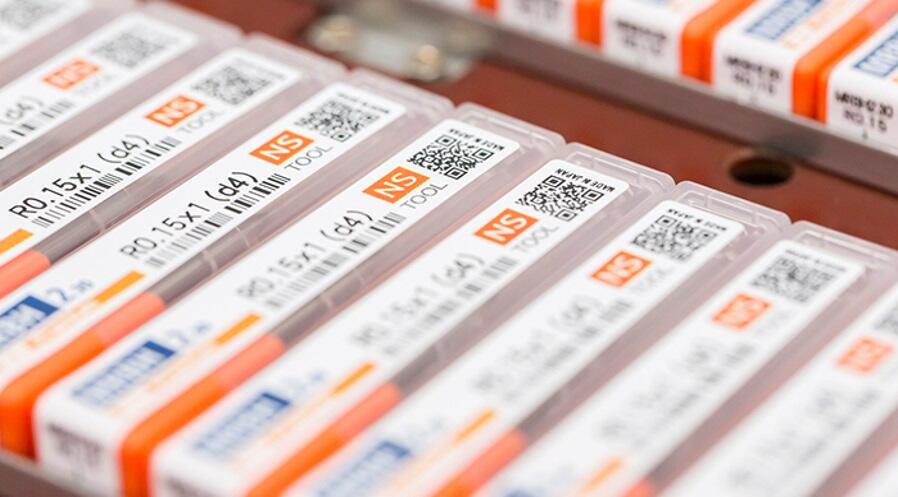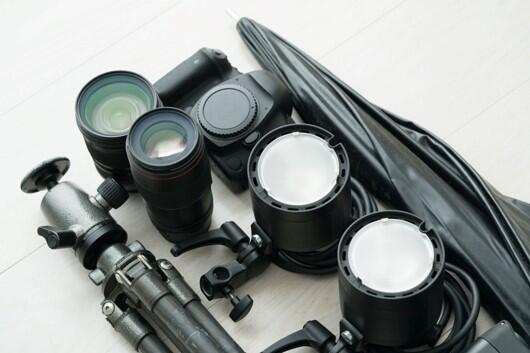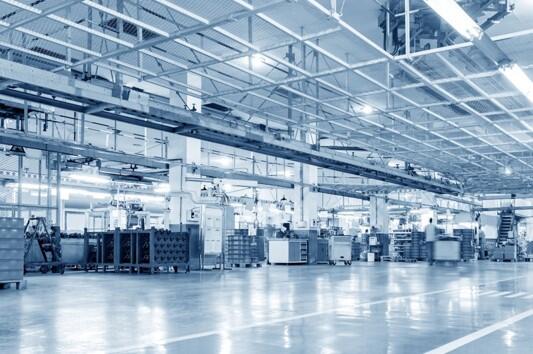
June 16, 2025
"If You Don't Love Your Tools, You're Not a Pro" -- A Story About a Senior Who Broke His Front Teeth for His Beloved Gear
Call them tools, equipment, or gear--whatever name you use, they're our essential partners on the job. Even tools with the same function can perform differently depending on how they're used and cared for. So, what's the best attitude to have toward your tools?
Based on my own experiences and those of my friends, I believe one thing: You should love the things you use. But that doesn't mean treating them like precious heirlooms and refusing to use them. Think about what the makers of these tools intended--surely they wanted them to be used fully, to perform at their best, and to be treated with respect. Showing that respect and making full use of their potential--that's what loving your tools really means.
People who are good at their work usually have that mindset. With that in mind, let me share some thoughts on how we interact with the tools we use every day.

A memory of receiving a serious lecture over a single light bulb
Back when I was a rookie magazine editor, getting scolded was just part of the job. One of my most memorable lessons came from how I handled equipment on set. During a photo shoot with a gravure model, we used a special type of lightbulb and a light-blocking cover. As a newbie, it was my job to pack everything up afterward. When I was doing just that, I got yelled at, "Why are you touching the bulb with your bare hands!? And folding the cover?! Are you stupid!?"
According to the senior, fingerprints on the light bulb could cause it to crack, and the cover could tear along the folds if used repeatedly, so it absolutely had to be stored properly. But all I could think was, "Why didn't anyone tell me this before?" And maybe, "Seriously? It's just a lightbulb..." But I had no choice--I stood there straight as a board while getting lectured for nearly an hour.
At the time, I was young, so I took it as just someone picking on me, and the light bulb didn't break even though there were fingerprints on it. But later, I came to understand why the senior was so angry. He was trying to teach me this: Don't treat tools carelessly.
It encompassed various meanings, such as "company property is not yours" and "even something as small as a light bulb requires attention to detail in the workplace." But looking back now, I feel that what the senior really wanted to say was, "If you don't care about your work tools, I can't trust you with anything."
Over the years, I've come to understand this myself. People who are rough with their tools tend to treat people and their jobs in the same way. On the flip side, those who care deeply about people and work -- whether it's love, passion, or anything else--seem to understand the importance of valuing tools. Without them, work simply doesn't get done. Proper maintenance and mastery of tools improve efficiency.
Easy to say, I know, but even I sometimes take my gear for granted. When you use something every day, it's easy to forget how valuable it is, so I try to imagine: What if this tool suddenly disappeared? What if it broke because I didn't treat it carefully? Just thinking about my laptop crashing right now sends shivers down my spine.
Having a sense of attachment to your tools naturally leads to better work. If you use lots of different tools in your job, I hope this gives you a chance to think again about how you relate to them.

The irreplaceable nature of tools
So, what does it mean to "take good care" of your tools? It varies by field and by person. One friend of mine is an electrician. He says the first step is always the same: put tools in their designated place and follow proper use rules.
He refuses to trust anyone who just tosses their tools aside, even when leaving their post for a moment. "What if someone trips over a tool left leaning on a wall? What if it breaks--or worse, injures someone? If you can't think that far ahead, you're no pro and you don't understand the workplace at all", he says.
On the other hand, a veteran photographer I know has a different take: true love means using a tool to its limits. Not abusing it, of course--he's careful not to break anything. But he believes the only way to truly respect a camera is to unlock its full potential. Even the best equipment is wasted if it just sits around unused.
Still, in the photography world, that love for gear sometimes turns into obsessive collecting. But no matter how many top-tier lenses you own, if you just admire them on a shelf, it won't improve your work (unless looking at them brings you joy, maybe that's okay). He says,
"That's not real love for a product," and I kind of agree.
At the same time, I know someone in IT who refers to his gadgets--PCs, smartphones, even AI chat tools--as "my babies." He treats machines like living companions, and honestly, I respect that. He's definitely more reliable than someone who just shrugs and says, "It'll break anyway, who cares?"
And then let me tell you about a senior editor I once worked with. He had a tough upbringing and used to deliver newspapers by Mamachari (city cycle with a basket) while putting himself through school. His beloved Mamachari was so precious to him that he named it the "I Shall Return" bike. Once, while riding it for work, he nearly hit a utility pole. Trying to protect the bike, he slammed into the pole face first--and lost a front tooth.
That's how deep his affection was--not just for the bike, but for tools, people, and work itself. In fact, he always gave 100% in everything he did--and it showed in the results.

I don't think I could go that far, and I'd rather not lose any teeth. But even so, I remember thinking: "This guy's got heart."
In any case, based on the work ethic of people filled with such love for their tools and my own experiences, I feel it is very important to have a certain level of attachment to tools and to appreciate their convenience. (I'm not saying you should love them like a wife or girlfriend.)
What I want to emphasize here is that whether it's love or gratitude, it shouldn't be directed at a specific object, but rather, you should try to feel the same way about all tools as much as possible. It's not about valuing something because it's expensive or convenient, but rather about cherishing even a single light bulb.
The tools needed for work vary depending on the situation and the moment. At work, things you handle carelessly because you think you won't need them can sometimes suddenly become essential. Regretting that you should have taken better care of it back then is too late, and this applies not only to objects but also to relationships with people and various other aspects of life.
To avoid such situations, we should pour equal love into every tool!
Akari Midosuji
Former sports newspaper journalist and publisher, currently working in China as an editor, writer, and translator. Hobbies include visiting historical battle sites in China. X : @kanom1949


